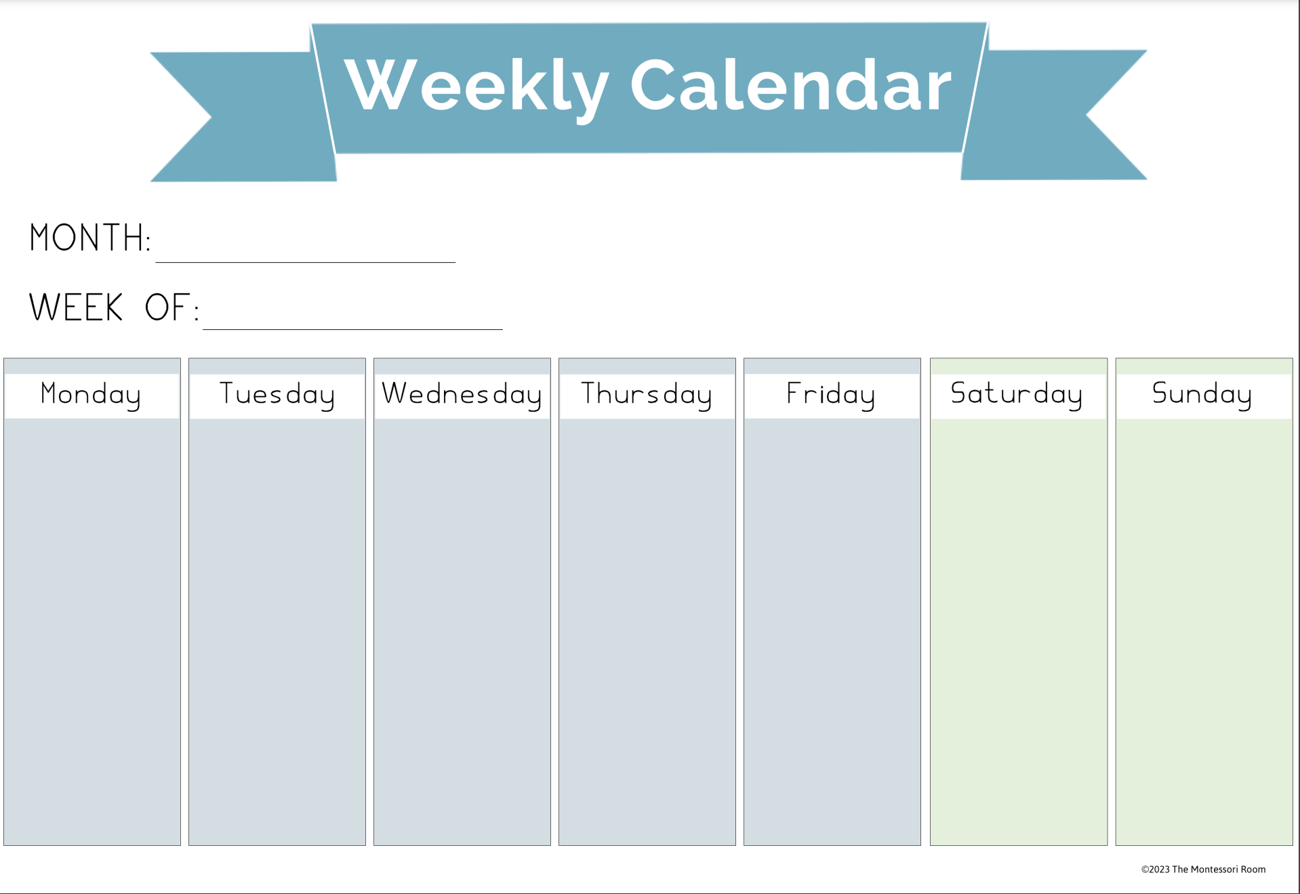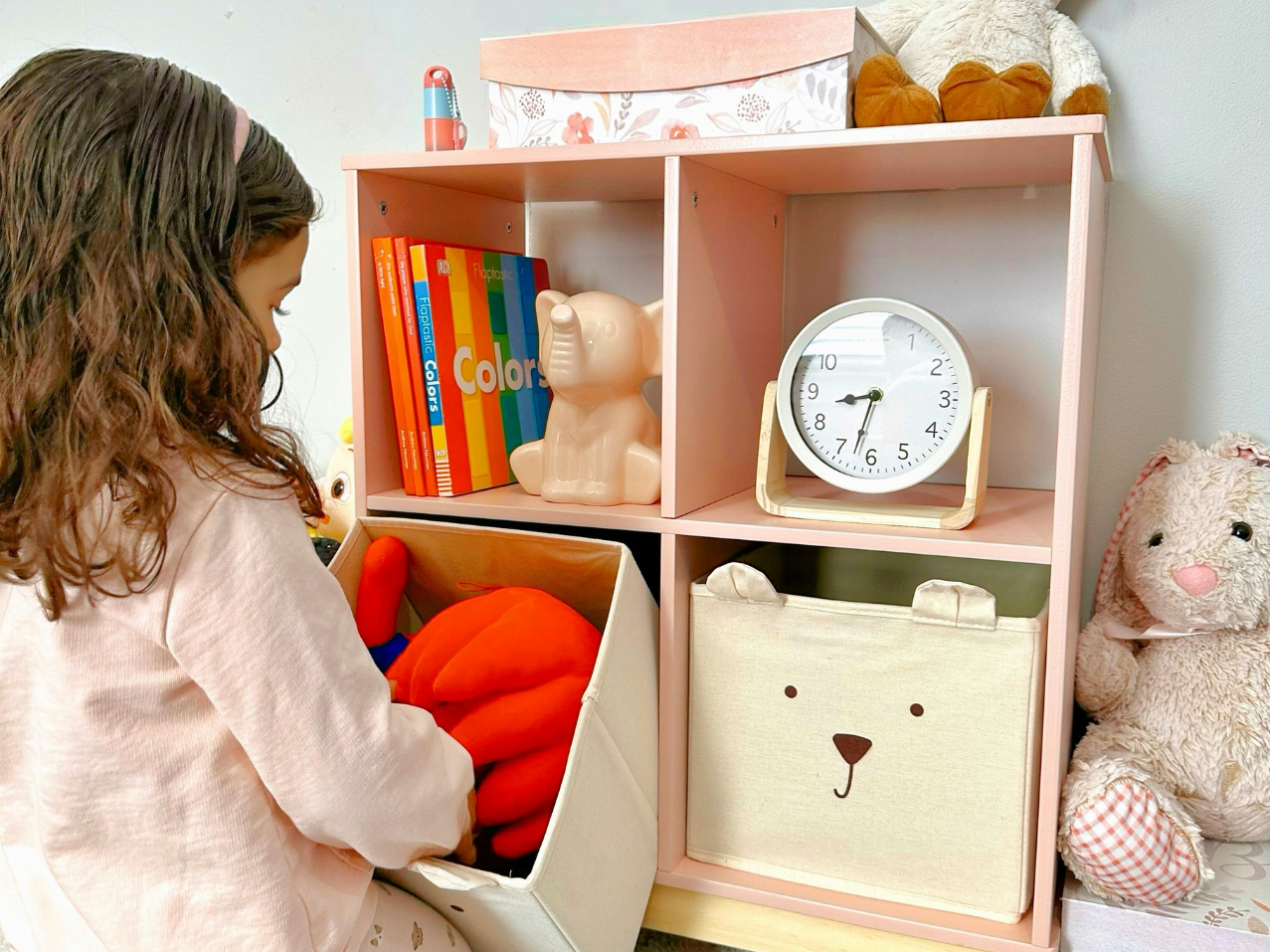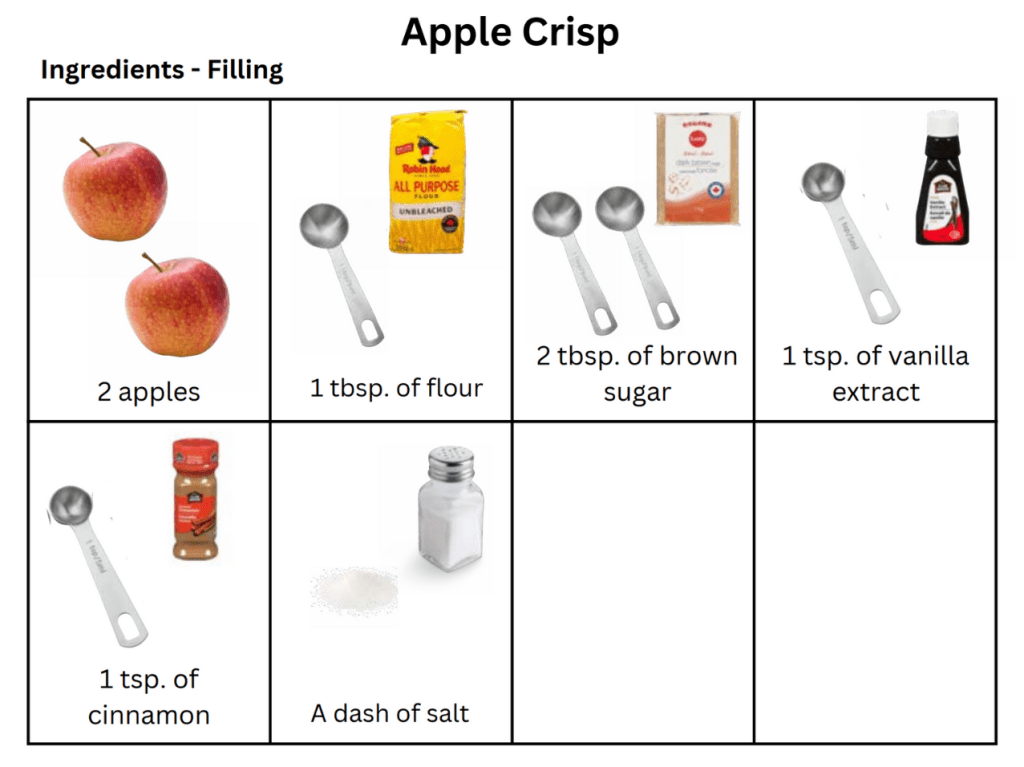Menu
-
-
Shop Holiday Items
-
Shop Gifts By Age
- Gifts For a 0-6 Month Old
- Gifts For A 6-12 Month Old
- Gifts For A One Year Old
- Gifts For A Two Year Old
- Gifts For A Three Year Old
- Gifts For A Four Year Old
- Gifts For A Five Year Old
- Gifts For A Six Year Old
- Gifts For A Seven Year Old
- Gifts For An Eight Year Old
- Gifts For A Nine Year Old
- Gifts For A Ten Year Old
-
Shop Gifts By Budget
- New Arrivals
-
Toys
- Large Active Toys
- Animal Toys
- Arts & Crafts
- Award-Winning Toys
- Bath Toys
- Birthday Wishlists
- Building Toys
- Cars, Trains, & Trucks
- Games
- Instruments
- Loose Parts Play
- Loot Bag Toys
- Made in Canada
- Outdoor Toys
- Pretend Play
- Puzzles
- Sensory And Fidget Toys
- Sensory Bin Tools & Fillers
- STEM Toys & Activities
- Toronto-Themed Gifts
- Travel Toys
- Wooden Toys
- Waiting Room Toys & Furniture
-
Montessori Materials
- Montessori At-Home Program
-
Montessori Furniture
-
Bundles & Sales
-
Books
-
Shop By Age
-
Shop By Brand
- Brands A-F
- Brands G-L
-
Brands M-R
- MagicPlaybook
- Magna Tiles
- Make Believe Ideas
- Makedo
- Manhattan Toys
- Math for Love
- Milaniwood
- MindWare
- Mojo Toys
- Moluk
- Moulin Roty
- Native Northwest
- nic
- Nienhuis
- Ooly
- Opinel
- Ostheimer
- Papoose
- Peaceable Kingdom
- Plan Toys
- Plus-Plus
- Preschool Collection Watches and Timers
- Ravensburger Puzzles
- Real Life Pages
- Brands S-Z
-
- 866-901-4696
- Gift Registry
- Login


2 Ways To Help Your Young Child Understand Time
3 min read
Between the holidays and school break, these next two weeks can be very confusing for children.
They have a strong sense of order and it can be unsettling to wake up and do something different every day - no routine or predictability.
Think about how strange it would feel to wake up every day and have no idea what's going to happen.
From a developmental perspective, it’s not until approximately 8 to 10 years of age that children fully understand the concept of time and the calendar year (Friedman, 2000).
This doesn’t mean the calendar shouldn’t be introduced earlier but with this knowledge, we can temper our expectations towards what children are capable of understanding relating to time, events, etc.
A toddler or preschooler simply cannot fully grasp what you mean when you say something is happening in a few days, weeks, or months from now. This lack of understanding can result in impatience and big feelings towards having to wait for something they’re looking forward to.
2 Ways To Help Your Young Child Understand Time
Similar to the ABCs and 123s, it’s common for young children to memorize the names of the days of the week.
There is no harm in this (memorization is fantastic for language development!) but understand that it’s memorization and not an understanding of what they symbolize.
It's important to remember that there’s no rush in introducing young children to a calendar. As they grow, they will naturally learn about the days of the week, months of the year, and other time concepts through everyday experiences. With time and experience, they will confidently understand the concept of time when they are ready.
Before then, here's two strategies to help your young child to better understand time and events:
1. Use Concrete Language
Use simple and concrete language tied to their daily routines and experiences.
Instead of only abstract concepts like "this weekend" or "a few months from now", relate time to events they understand, such as "after you go to school 3 more times" or for longer periods connect it to familiar markers like holidays, seasons, or birthdays, such as "when the leaves start falling," "after it snows," or "closer to your birthday."
It's still a good idea to use words like "today," "tomorrow", "on Saturday", etc. to enrich your child’s vocabulary but mention them alongside the concrete language.
2. Use a Visual Calendar
Visual calendars can be extremely beneficial in the early years, especially for children who are adjusting to a new routine at home, like starting school.
Just laminate and stick to your fridge!
A calendar like this can also be helpful in times when there will be changes to your child’s usual routine, i.e. school is on holidays, babysitter coming over, etc.
They’re laid out like a typical calendar, introducing the child visually to the days of the week, but instead of writing your weekly activities, there is a picture. A picture provides your child with a concrete example of where they’re going on that day.
For example: On school days, the child will find a picture of a school. On the weekend, you can add pictures of whatever you’re planning to do, i.e. grocery shopping, trip to the park, visit with grandparents, etc. In my house, we just use the picture of the house to symbolize a "home day".
Hopefully the calendar makes your next few weeks go a little smoother :)
Join Our Montessori Community
Sign up to get weekly activities, free printables, Montessori parenting guidance, and so much more.
Plus, get $10 off your first order of $100+.
Like this article? Get new articles, weekly activities, free printables, Montessori parenting guidance, and so much more.
One mom recently shared:
"Your newsletter is always SO great. It is one of the few I open and read weekly. You provide so much value. Thank you!"



